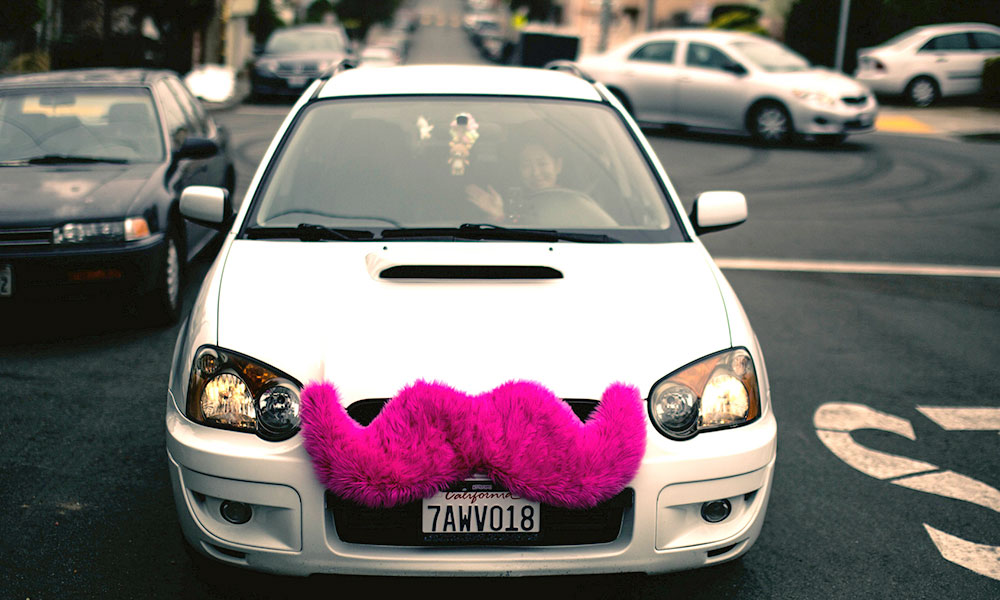
The Latest Battleground for Uber and Lyft? The Airport
Trade groups representing both airports and taxi companies say that ride-sharing services like Uber and Lyft should not have access to the pickup lanes at airports unless the services pay for the right to be there. It's just one of the battles heating up around the companies nationwide.
Getting a Lyft from the airport might soon be off-limits in much of California—unless the drivers pay for the privilege of being there.
At least that’s the goal of the California Airports Council (CAC), which sees a clear problem with the ride-sharing platforms, along with their drivers, who, the group says, are most likely breaking the law. The reason? They’re not paying for airport access, unlike their counterparts in the taxi and limousine industries.
“All the other options for ground transportation pay some fee to the airport, and these guys are not now doing that anywhere, except (San Francisco International Airport),” CAC Executive Director Jim Lites told the Orange County Register last week.
The Register noted that the right to pay for access to local airports allows for a number of different safety measures, such as fingerprinting and random drug testing, through industry regulation. This, Lites says, is important when it comes to airports or similar facilities.
“I think the basic issue is the airport is a publicly managed property,” Lites added. “If you want to include airport trips within your business model, because obviously you don’t have to, then there’s a privilege to pay for the use of those public roads for a commercial purpose.”
For its part, Uber Spokeswoman Eva Behrend says that although it does not have licenses for pickups at most of the state’s airports, “commercially licensed drivers who seek their own airport permits can legally use the Uber platform to conduct airport pick-ups.”
Riders at Risk?
CAC won’t be alone if it decides to up its fight against such services. Territory encroachment by the app-based services has long been opposed by the taxi industry, which has attempted to take on the services in other states.
Late last month, for example, the Florida Taxicab Association (FTA) called on Uber and Lyft to stop operating in the state, citing concerns over safety and the fact that the services were working at Orlando International Airport without a license. The association latched onto public data regarding two drivers who have criminal records and a number of traffic infractions.
“Uber and Lyft drivers are not in compliance on background checks nor state mandated insurance coverage and the companies that put them on the road know it,” FTA President Louie Minardi said in a news release. “We are coming into the busiest time of year in Florida and our residents and visitors are at risk.”
The regulatory pressure against such services has risen in recent months. While Virginia is likely to permanently allow the services to operate in the state, associations in Seattle, Boston, and San Francisco have filed lawsuits over the ongoing operation of the services—sometimes against the companies, other times against the cities themselves.
The added competition is also having an effect on the price of taxi medallions nationwide.
(Alfredo Mendez/Flickr)






Comments